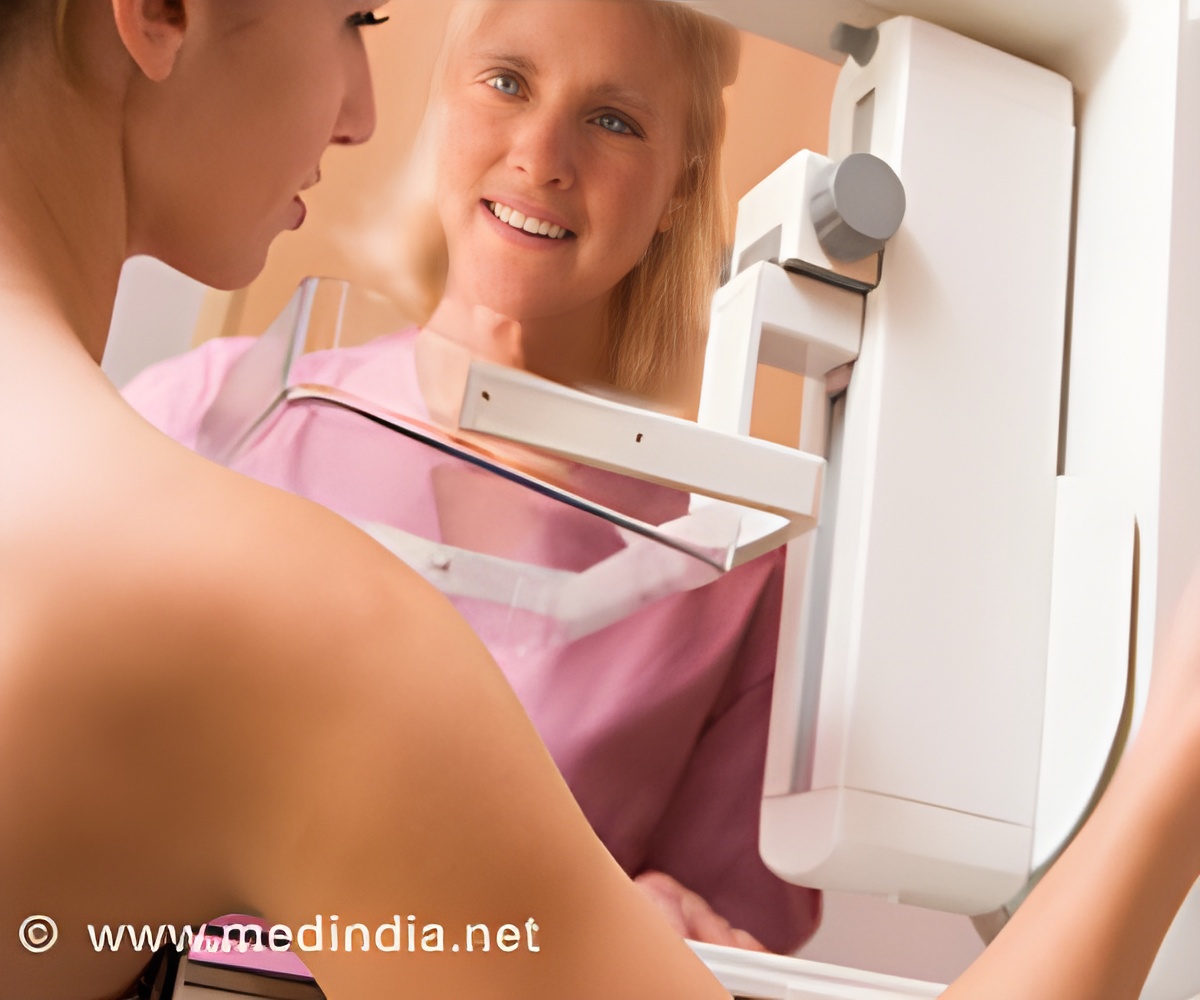Women are aware that mammograms done every year can save lives. Hence, women prefer getting a mammogram done every year rather than once in every two years.

‘Women are better educated and are more aware about the value of screening mammography that can save their lives.’





"Women understand that yearly mammograms have been shown to save lives and do not consider previously reported 'harms' to be as important as getting screened," said study author Ghizlane Bouzghar, M.D., chief radiology resident at Einstein Medical Center in Philadelphia.For years, the standard recommendation among most medical groups was that women at average risk of breast cancer undergo screening mammography annually beginning at age 40. However, in 2009, the U.S. Preventive Services Task Force (USPSTF) issued a controversial recommendation that women at average risk be screened biennially, or every two years, beginning at age 50. This recommendation, reaffirmed in 2016, was based in part on the "harms" associated with screening mammography.
These "harms," as defined by the USPSTF, include diagnosis and treatment of noninvasive and invasive breast cancers that would otherwise not have become a threat to a woman's health and the unnecessary biopsies and associated anxieties resulting from false-positive results.
Others argue that while reducing over-diagnosis and false positives are a priority, the benefits of early detection far outweigh the negative factors associated with the perceived harms. Absent from the debate has been one notable opinion: that of the women being screened.
"The USPSTF associates annual screening mammography with 'harm' and recommends biennial screening mammography instead," Dr. Bouzghar said.
Advertisement
Dr. Bouzghar and colleagues at Einstein set out to determine whether women preferred annual or biennial screening and to investigate whether or not reported harms of mammography influenced this preference.
Advertisement
Women were asked whether an abnormal mammogram or breast biopsy causes emotional harm, whether screening every two years was associated with less or more anxiety, and whether they preferred to have a screening mammogram every other year or every year.
Variables such as the patient's age, race, family and personal history of breast cancer, prior biopsies and abnormal mammograms, and underlying anxiety disorder were also included.
Of the women surveyed, 71 percent preferred getting screened every year. A family history of breast cancer and prior breast biopsy were the only two variables to have an additional positive influence on annual screening preference.
"Many women are much better educated about the value of screening mammography than they are given credit for," Dr. Bouzghar said.
"I also think that some of the USPSTF's concerns about the 'harms' were somewhat paternalistic, and in 2017 women are more empowered about many things, including their healthcare."
Source-Eurekalert







